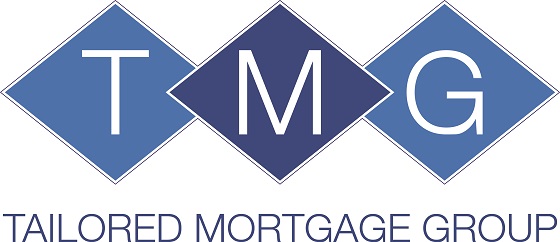Your guide to refinancing.
Book your free appointment with a home loan specialist today and find out how refinancing could save you.
When should I refinance?
If you have had your home loan for a number of years, it's likely that your situation has changed and your mortgage no longer suits your current needs. The average home loan in Australia is refinanced every 4 to 5 years, but it's a good idea to review your home loan more regularly to make sure you're on track to achieve financial freedom as early as possible.
The decision to refinance should be made after careful consideration of various factors. Switching to a new lender or home loan product with the same lender, could save you thousands and years off the term of the loan. However, refinancing at the wrong time or not choosing the right product could cost you even more.
How do I refinance?
If you are looking to switch to a new product with the same lender, you can speak to your existing bank and they will begin the refinance process. Alternatively, there are many different websites that allow you to compare mortgage options.
The process of refinancing can be confusing and the wrong decision could cost you thousands. Take your time reviewing all the terms of the new loan, or speak to your mortgage broker who will do this for you.
A mortgage broker you trust will tailor a home loan to suit your needs and negotiate with the bank on your behalf for an even better deal. The entire process will be streamlined by a broker to remove the stress of switching banks. Your broker will also look years down the track to make sure your set up for financial freedom.
How much will I save?
When calculating how much you will save by refinancing, it's important to consider more than just the new interest rate. There are other fees and conditions behind the attractive interest rate being advertising that could have a huge impact on your finances. A broker has the tools to search 1,000's of products to uncover the hidden traps.
Online comparison calculators are handy, but for a more comprehensive review why not send the same information to a broker for review? We can also check if there are any cashback offers you might be eligible to receive.
Reasons to refinance
When your needs change!
A lot can happen in a small amount of time. If you have had your loan for several years, your situation has probably changed and your home loan may not be helping you towards become financially free as early as some other products available. We can review your situation and find a loan that is right for you.
When your loan is no longer competitive!
After time you may find another lender is offering a home loan with a lower interest rate, less fees or product features that are right for you. You should see if your current lender can offer you something similar or consider switching. If you need help searching competing mortgage options, we can help.
Unlock equity in your home!
If you are looking to invest, renovate, take a holiday or make another significant purchase, you might consider refinancing to unlock equity in your home loan rather than taking out a more expensive personal loan. We strongly advise you to consider all your options before choosing to unlock equity in your home for the purchase of an asset that does not appreciate in value.
Fixed rate is coming to an end!
If you're fixed rate is about to revert to a standard variable rate, you may find your repayments are about to increase significantly as the average standard variable rate is much higher than a fixed rate. In this case, start comparing your options ahead of time so you can switch to a more suitable home loan.
Consolidate debts!
Refinancing to consolidate multiple debts such as credit cards, personal loans or car loans could save you a lot of money as the interest charged on a mortgage is generally lower than these other forms of liabilities. While consolidating may make managing the debt more manageable, we recommend you seek advice on whether this strategy is right for you.
Will I be better off financially if I refinance?
There are costs associated with refinancing and your broker will provide a list of costs that apply to your situation. The important thing is to compare how much you will save each month against how much it will cost to refinance. For example, if it will cost you $600 to refinance but your new loan will save you $150 per month, it will take four months to break even. If refinancing is a viable option for you, we recommend you begin preparing to switch banks by following these steps:
It won't cost you anything to compare home loans,
but it might cost you $1,000's if you don't.
If you would like more information on the process of refinancing and how it could benefit you, send us an online enquiry and we would be glad to help you.
The information provided on this website is for general education purposes only and is not intended to constitute specialist or personal advice. This website has been prepared without taking into account your objectives, financial situation or needs. Because of this, you should consider the appropriateness of the advice to your own situation and needs before taking any action. It should not be relied upon for the purposes of entering into any legal or financial commitments. Specific investment advice should be obtained from a suitably qualified professional before adopting any investment strategy.
